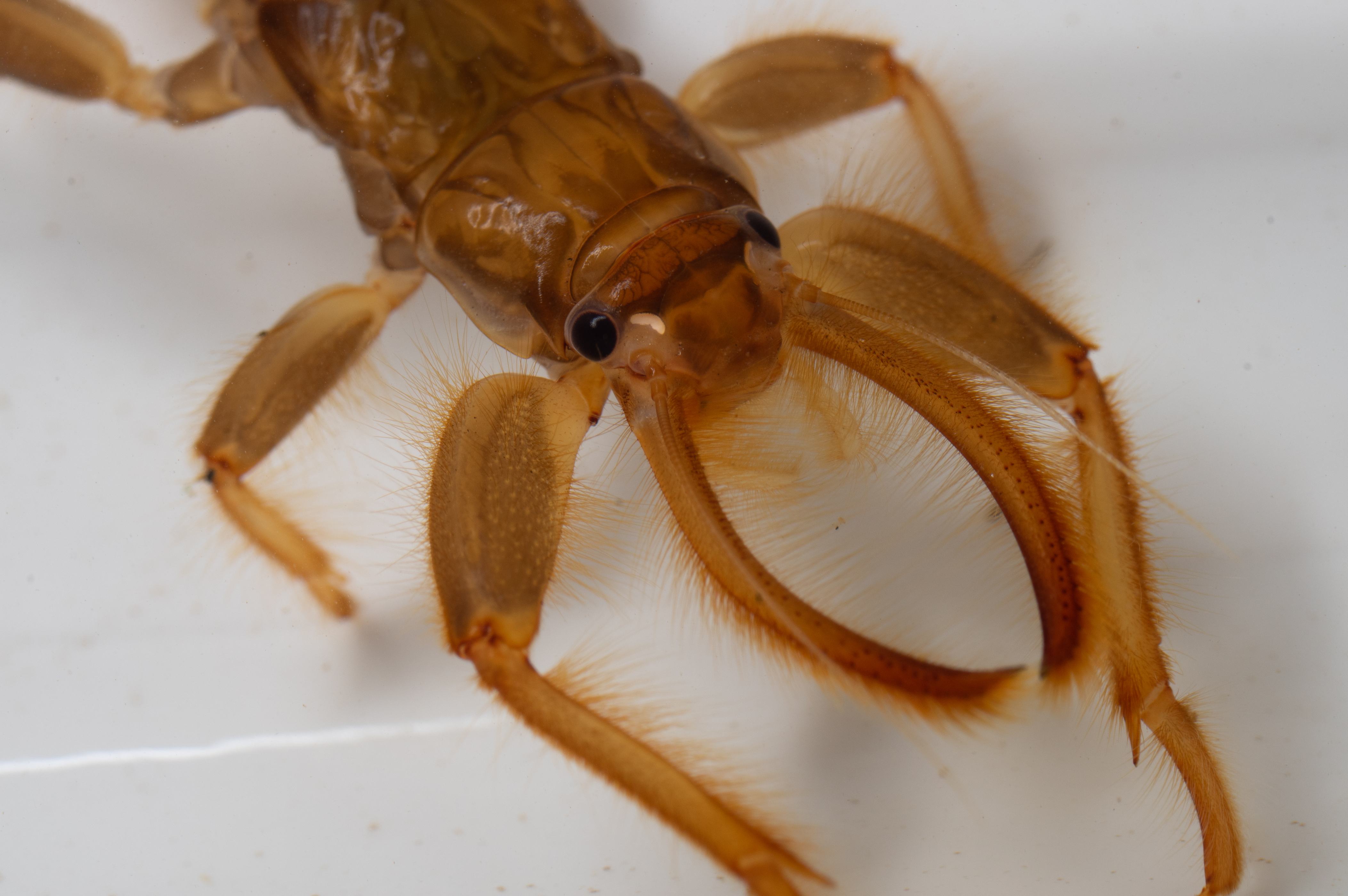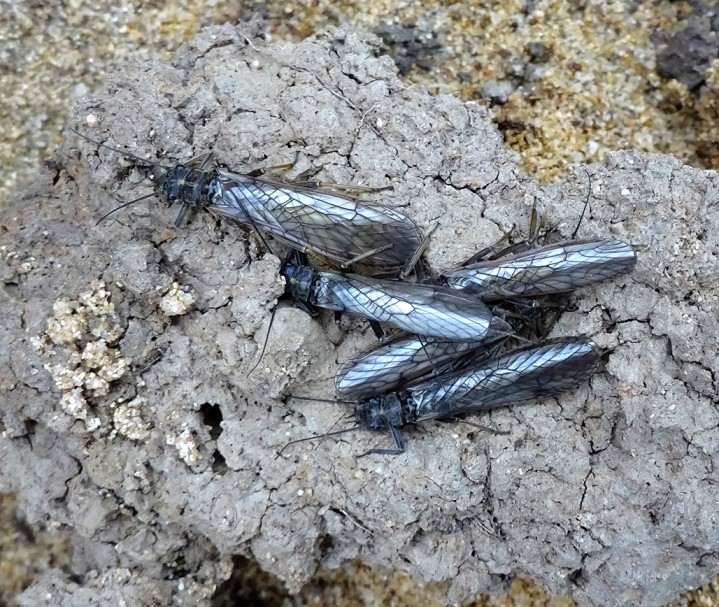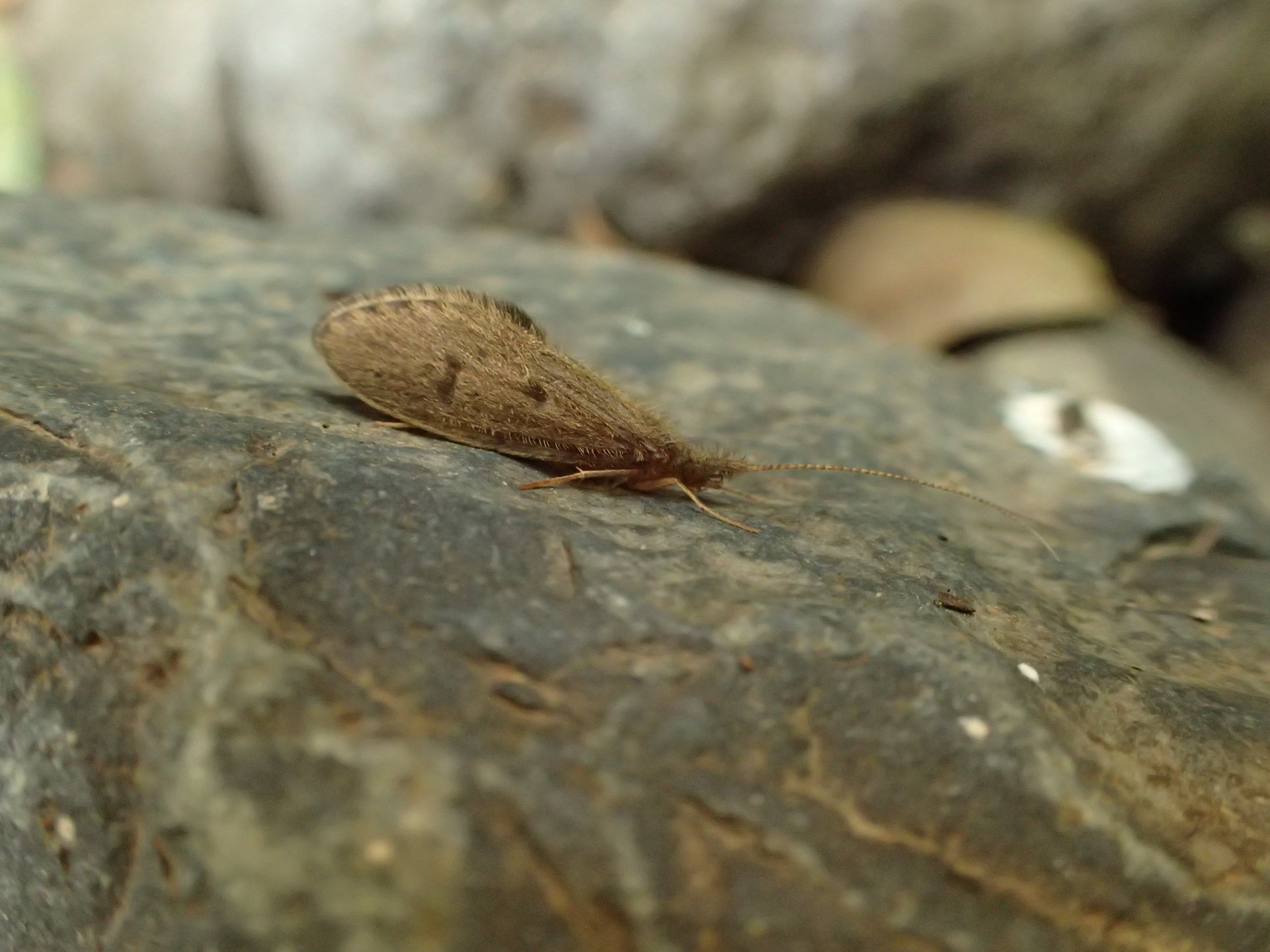IUCN SSC Mayfly, Stonefly and Caddisfly Specialist Group
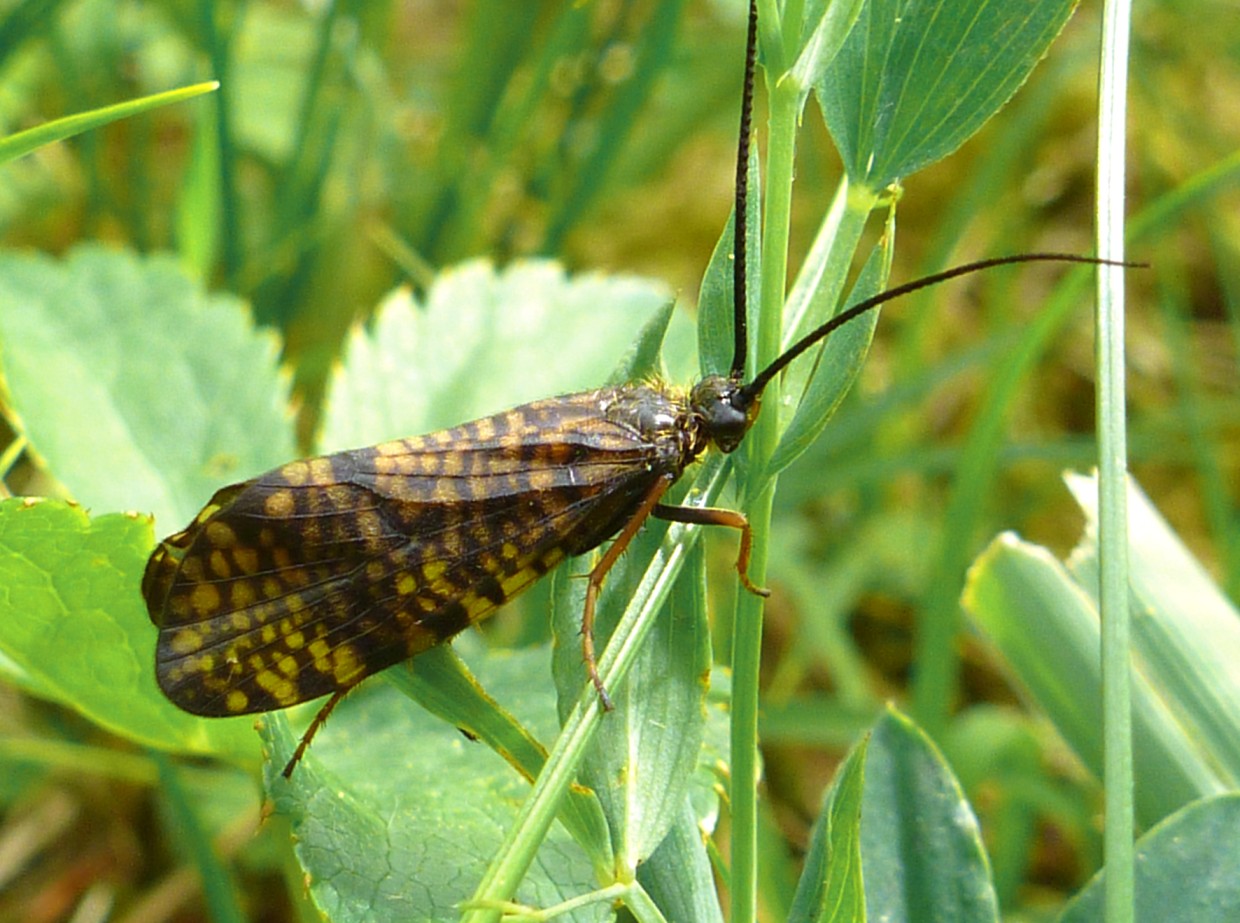
Overview and description
- Description:
-
This Specialist Group was established to promote the conservation of EPT species and their habitats around the world.
Group leadership
Dr Astrid SCHMIDT-KLOIBER
More about the Specialist Group
Mayflies (Ephemeroptera), stoneflies (Plecoptera) and caddisflies (Trichoptera) — EPT for short — are often found in similar habitats as both larvae and adults. They rely on good quality habitats directly in the water as well as in the terrestrial surroundings to complete their life cycles and sustain healthy populations. The health of a waterbody is dependent on many factors, the primary ones being water and habitat quality. These three insect orders are often ...
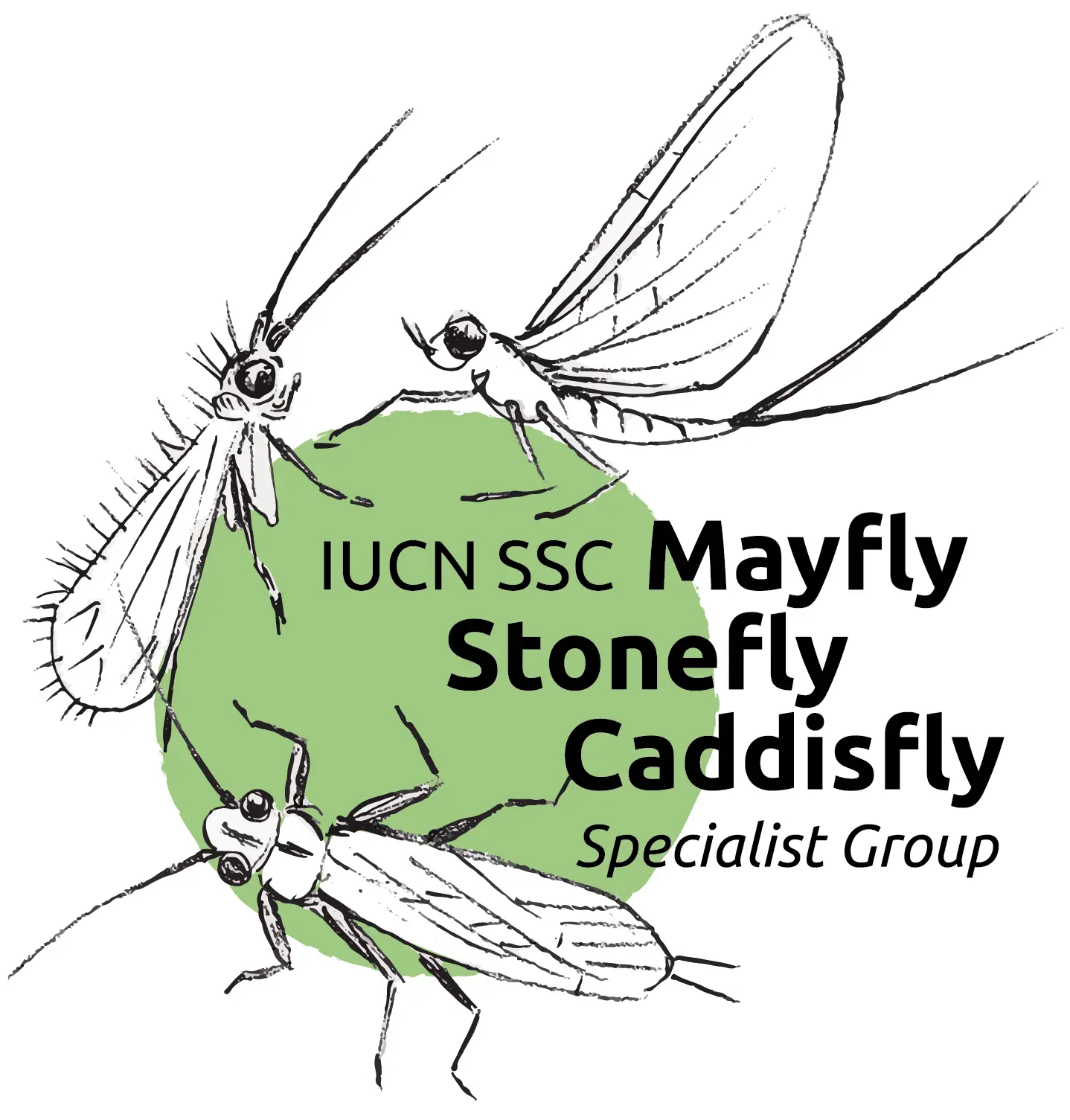
The mission of our group is to promote the conservation of Mayfly, Stonefly and Caddisfly species and their habitats around the world. Our goal is to raise awareness of these small but important insect orders and undertake Red List assessments to inform practical conservation activities.
Specialist Group work
The group raises awareness of these small but important orders and undertakes red list assessments to inform practical conservation activities.
MSCSG on the IUCN Red List

To inform conservation efforts, MSCSG assesses species for the IUCN Red List of Threatened Species.
MSCSG Annual Report

Learn about MSCSG’s work and results in 2022.
Previous reports:
MSCSG Annual Report 2022
MSCSG Annual Report 2021
MSCSG Annual Report 2020
MSCSG Annual Report 2019
MSCSG Annual Report 2018



